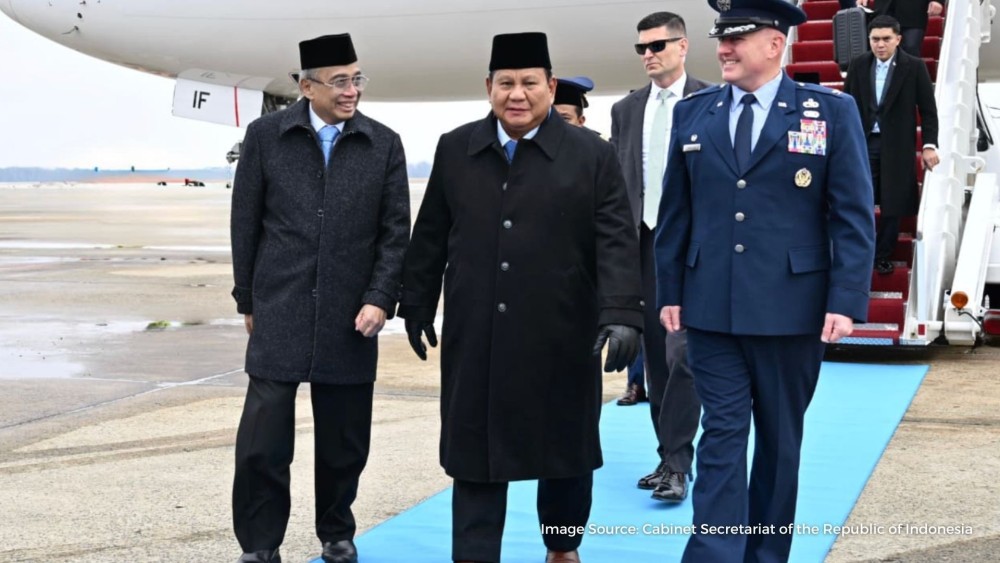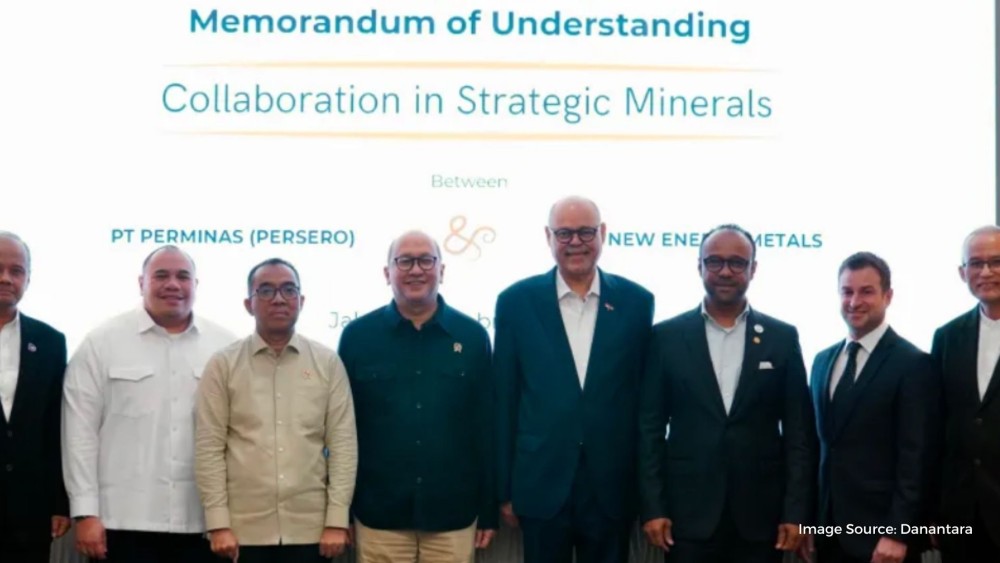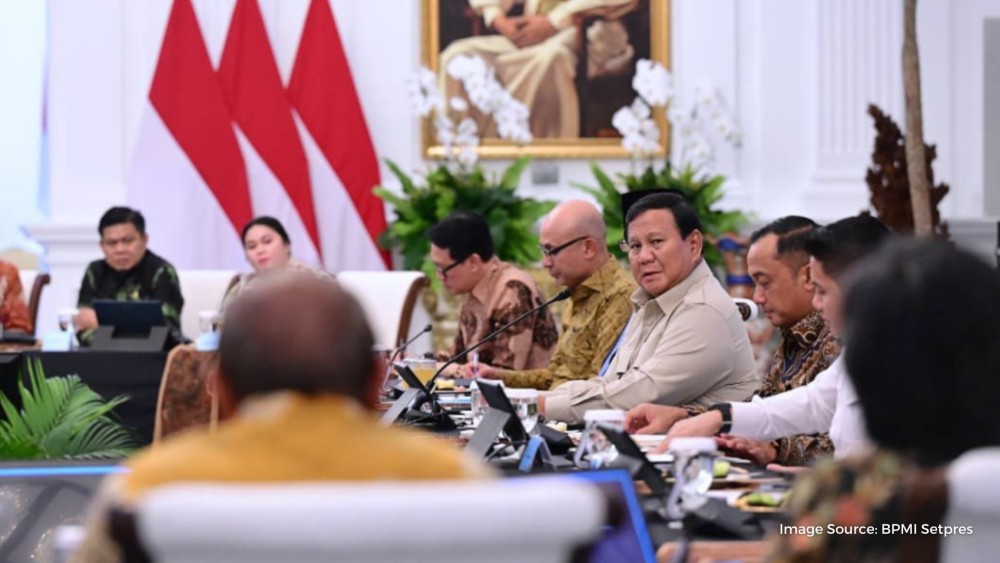Meta to Build Candle Subsea Cable, Connecting Indonesia to Japan
07 Oct 2025

Meta has officially announced its latest project, Candle — the largest-capacity subsea cable in the Asia-Pacific region. The cable will connect Indonesia with Japan, Taiwan, the Philippines, Malaysia, and Singapore by 2028.
The 8,000-kilometer cable will have a total capacity of up to 570 terabyte per second (Tbps) and is expected to strengthen digital connectivity for millions of people and businesses across the region, including Indonesia.
“Meta’s investment in this subsea cable infrastructure is part of its commitment to supporting the growth of Indonesia’s digital economy and ensuring that people can access Meta’s services, AI, and the latest technologies through reliable, high-speed connections,” Meta said in an official press release on Monday, October 6.
According to Meta’s official website, Candle will be the largest-capacity subsea cable in the Asia-Pacific region, connecting more than 580 million people through high-speed data transmission. Meta stated that this region is home to over 58% of the world’s internet users, who depend heavily on global infrastructure for online connectivity and access to technology.
Candle is being developed by Meta in collaboration with several leading telecommunications companies in the region. The project uses 24 fiber-pair technology, enabling bandwidth comparable to Meta’s largest existing cable project, Anjana.
In addition to Candle, Meta also announced updates on several other subsea cable projects. In 2021, Meta committed to increasing trans-Pacific capacity by 70% through two cables: Bifrost and Echo.
The Bifrost cable has now been completed and officially connects Indonesia, Singapore, the Philippines, and the United States, with plans to extend the route to Mexico by 2026. The new Bifrost pathway will add 260 Tbps of backup capacity across the trans-Pacific digital corridor.
Meanwhile, the Echo cable currently supports data transmission of up to 260 Tbps between Guam and California, with future expansion plans toward Asia.
Another project, Apricot, is already operational, connecting Japan, Taiwan, and Guam, with plans to extend its reach to the Philippines, Indonesia, and Singapore. The 12,000-kilometer cable will deliver a total capacity of up to 290 Tbps.
Meta describes these investments as part of its broader commitment to delivering fast and reliable internet access to people worldwide. With this infrastructure, Meta aims to ensure that AI-based services and technologies can be accessed widely while supporting the rapid growth of Indonesia’s digital economy.
“We envision a future where everyone has access to AI and new technologies to improve their lives and stay connected with one another. Through this global infrastructure, we aim to ensure robust and inclusive digital connectivity,” Meta stated on its official website.
This article is published in partnership with Katadata
Original article here






